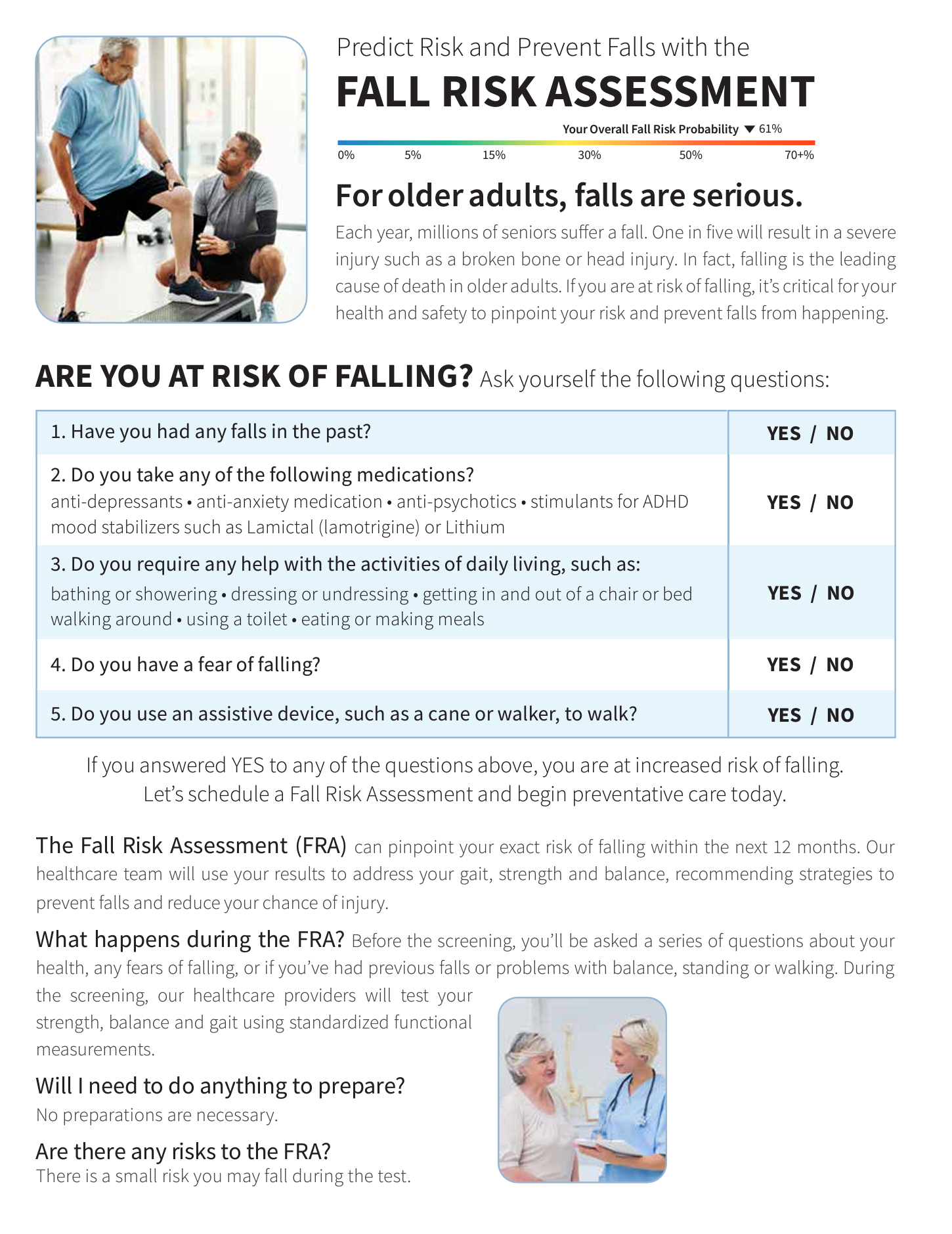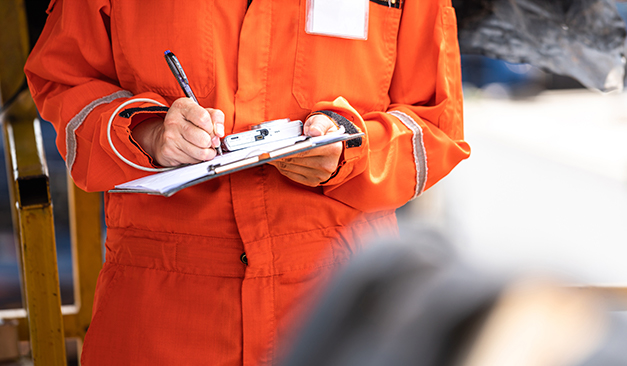How Dementia Fall Risk can Save You Time, Stress, and Money.
How Dementia Fall Risk can Save You Time, Stress, and Money.
Blog Article
The Ultimate Guide To Dementia Fall Risk
Table of Contents5 Simple Techniques For Dementia Fall RiskSome Ideas on Dementia Fall Risk You Should KnowWhat Does Dementia Fall Risk Mean?Dementia Fall Risk Can Be Fun For AnyoneThe Ultimate Guide To Dementia Fall Risk
Ensure that there is a designated area in your medical charting system where personnel can document/reference scores and record appropriate notes associated to fall avoidance. The Johns Hopkins Loss Risk Analysis Device is one of several tools your staff can utilize to assist prevent adverse clinical events.Individual falls in hospitals are typical and devastating unfavorable events that linger in spite of years of initiative to reduce them. Improving communication throughout the analyzing nurse, care team, person, and person's most entailed buddies and family members might reinforce loss prevention efforts. A group at Brigham and Women's Health center in Boston, Massachusetts, looked for to establish a standardized fall avoidance program that centered around enhanced interaction and client and household engagement.

The innovation team stressed that effective execution relies on individual and staff buy-in, integration of the program right into existing operations, and integrity to program processes. The team noted that they are coming to grips with just how to make certain continuity in program application during durations of situation. Throughout the COVID-19 pandemic, for example, a boost in inpatient drops was linked with restrictions in individual involvement in addition to restrictions on visitation.
Little Known Facts About Dementia Fall Risk.
These occurrences are usually considered preventable. To apply the treatment, organizations require the following: Accessibility to Fall ideas resources Loss ideas training and re-training for nursing and non-nursing team, including brand-new registered nurses Nursing operations that allow for patient and household involvement to carry out the drops assessment, make sure usage of the prevention strategy, and carry out patient-level audits.
The results can be extremely destructive, usually increasing patient decline and creating longer healthcare facility remains. One research study approximated keeps raised an additional 12 in-patient days after an individual loss. The Autumn TIPS Program is based upon engaging clients and their family/loved ones throughout three main processes: analysis, individualized preventative treatments, and auditing to guarantee that people are engaged in the three-step loss avoidance process.
The patient evaluation is based on the Morse Loss Scale, which is a validated fall risk evaluation device for in-patient health center settings. The scale consists of the 6 most usual reasons clients in healthcare facilities drop: the client autumn history, high-risk conditions (including polypharmacy), use of IVs and various other exterior tools, mental condition, gait, and movement.
Each risk useful content element relate to several workable evidence-based treatments. The registered nurse produces a strategy that incorporates the interventions and is noticeable to the treatment group, person, and family on a laminated poster or published visual aid. Registered nurses develop the strategy while consulting with the client and the client's family members.
Some Of Dementia Fall Risk
The poster works as an interaction tool with various other participants of the person's care group. Dementia Fall Risk. The audit element of the program consists of examining the patient's understanding of their danger elements and avoidance strategy at the unit and healthcare facility degrees. Registered nurse champs carry out at the very least 5 individual meetings a month with people and their family members to check for understanding of the autumn prevention plan

A projected 30% of these drops cause injuries, which can range in severity. Unlike various other unfavorable occasions that call for a standard scientific action, fall prevention depends very on the requirements of the client. Consisting of the input of people that understand the patient ideal permits greater customization. This approach has verified to be much more efficient than fall avoidance programs that are based mainly on the manufacturing of a risk rating and/or are not adjustable.
Unknown Facts About Dementia Fall Risk

Based on bookkeeping outcomes, one site had 86% compliance and two websites had more than 95% conformity. A cost-benefit analysis of the Autumn pointers program in eight hospitals approximated that the program expense $0.88 per patient to apply and resulted in savings of $8,500 per 1000 patient-days in straight prices associated to the avoidance of 567 tips over three years and eight months.
According to the development team, companies thinking about implementing the program needs to carry out a readiness analysis and falls avoidance gaps evaluation. 8 Additionally, companies ought to make sure the necessary facilities and operations for application and create an execution plan. If one exists, the company's Fall Avoidance Job Force need to be associated with planning.
Dementia Fall Risk Can Be Fun For Anyone
To start, organizations ought to guarantee conclusion of training components by nurses and nursing assistants - Dementia Fall Risk. Health center team must analyze, based upon the demands of a healthcare facility, whether to make use of an electronic health and wellness record hard copy or paper variation of the autumn avoidance strategy. Applying groups must recruit and train nurse champions and establish processes for auditing and coverage check it out on loss information
Team require to be included in the procedure of revamping the workflow to involve individuals and family members in the evaluation and avoidance strategy process. Solution must remain in area to make sure that these details systems can comprehend why a loss happened and remediate the cause. Much more specifically, registered nurses need to have networks to give ongoing feedback to both staff and device leadership so they can change and improve loss prevention process and communicate systemic issues.
Report this page